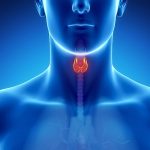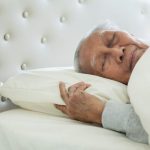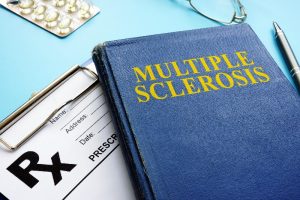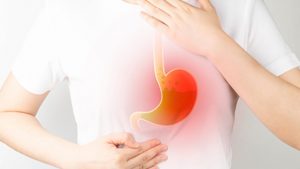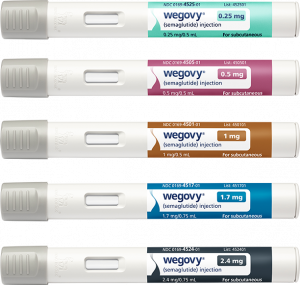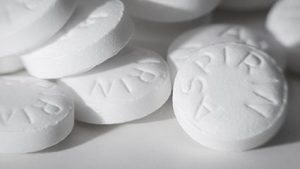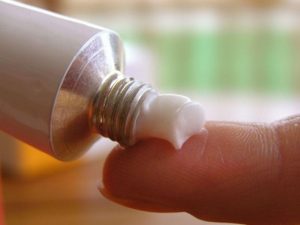
The Environmental Protection Agency announced Wednesday that it has finalized a first-ever rule that will drastically lower the amount of PFAS, also known as “forever chemicals,” in the nation’s drinking water. “Drinking water contaminated with PFAS has plagued communities across this country for too long,” EPA Administrator Michael Regan said in an agency news release announcing the new rule. “That is why President Biden has made tackling PFAS a top priority, investing historic resources to address these harmful chemicals and protect communities nationwide.” Exposure to PFAS has been linked to various cancers, liver and heart issues, and immune and developmental damage to infants and children, the agency noted. The level of exposure is significant in the United States: A 2023 government study detected PFAS in nearly half of the country’s tap water. The new rule, which requires utilities to reduce PFAS to the lowest level they can reliably be measured, should lower PFAS exposure for approximately 100 million people, the agency noted. In addition to the new rule, the EPA also announced that nearly $1 billion in new funding should help states and territories implement PFAS testing and treatment at public water systems and help owners of private wells address PFAS contamination. While environmental experts and health advocates welcomed the news, water utilities warned the new rule will cost billions more than the EPA has estimated and fall hardest on… read on > read on >










